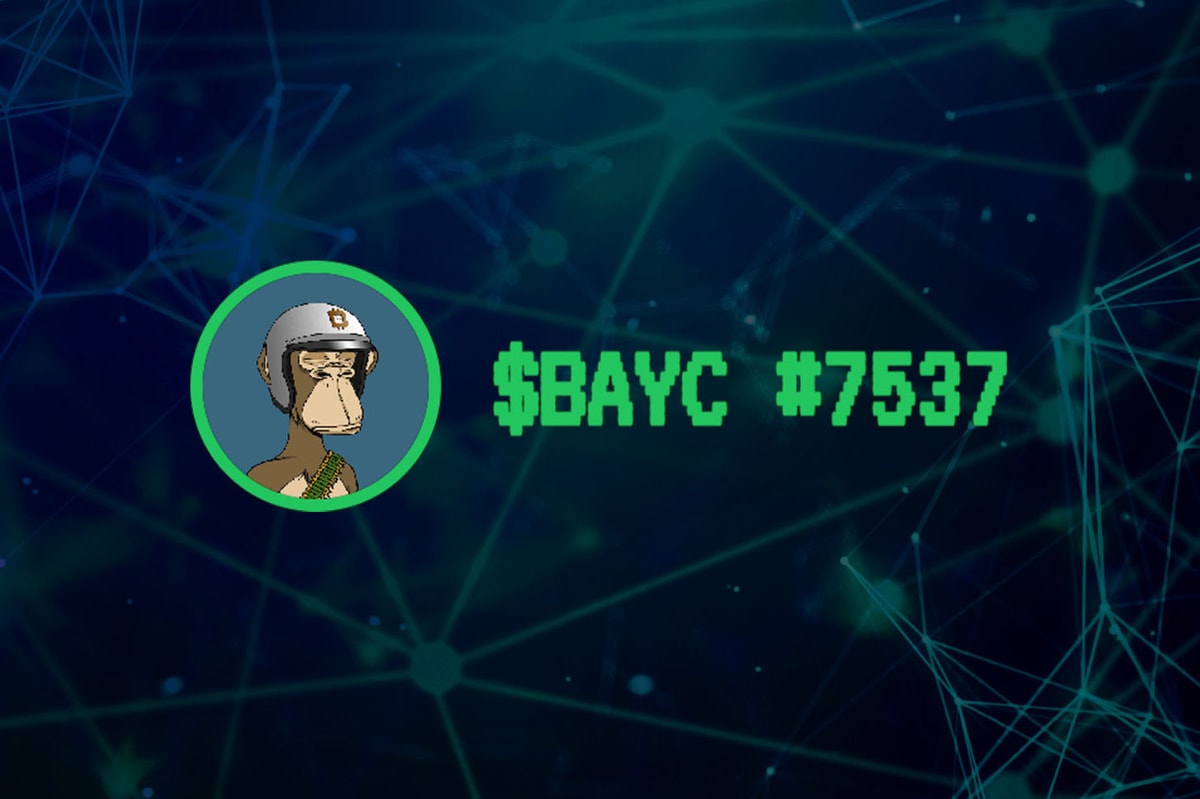The crypto ecosystem will be feeling repercussions from the recent crash for the unforeseeable future. For an industry that is already mistrusted by people outside of it, the publicity surrounding the drop served to confirm the views of the skeptics, while simultaneously alienating many community members who were suffering tremendous losses.
Looking at how communications were handled by some crypto teams, there are lessons to be learned that can help repair communication rifts in the crypto ecosystem. These communication issues can arise as more immediate issues in times of crisis, however, communication errors made in the past can also come back to haunt you.
Align your messages across channels and accounts
The crypto industry is rife with founders who amass social media followings that far outpace those of the companies they head. Therefore, it’s only natural that many people will look to the Twitter feeds of these leaders for up-to-the-minute news. However, when it comes to crisis communications, execs need to step away from social media to put together a strategic response before releasing any sporadic messages to the public.
In any crisis situation, a company should first draft an official statement to be distributed to journalists contacting them for comments. This statement should contain a quote from the founder or CEO for use in any articles reporters are writing. The statement can be posted to a company’s blog or website and distributed via its social media channels. In this way, all of a company’s communications can be consistent.
Think before you Tweet
In addition to ensuring consistent messaging, another lesson to be learned from the recent crypto crash is a prescriptive one. Company leaders need to be cautious and thoughtful about what they put out on social media at all times. No matter how hard you’ve worked to build a stellar reputation for your company, a spate of poorly worded Tweets by a founder can do a lot of damage. The web has a long-lasting footprint where detractors will be happy to bring up past controversies.
Even outside of crisis communications, it’s important to remember that once information is posted anywhere online — be it on a blog or a social media profile — it is out there as news. If a blockchain project has been working in stealth mode for several months, any slip of information in one Tweet can ruin the company’s efforts to get the story covered by journalists.
Learn from your detractors
Communication during a time of crisis can suffer setbacks if the crisis is caused by a fault that was previously pointed out on social media. As noted above, social media posts have a long lifespan. If your reaction to anyone who questions your technology or approach is to lash out, don’t be surprised when that behavior comes back to bite you.
Not every detractor needs to be acknowledged. Snarkily responding to everyone who questions you can cause people to be even more skeptical. Additionally, by automatically negating anyone who questions your technology or approach, you may overlook a valid issue that someone is raising.
Focus on the long-term vision for crypto
The crypto space is crowded and many leaders are making noise on social media simply to be noticed. In the absence of technological announcements, the conversation cannot devolve into name-calling among founders. This kind of behavior allows detractors to focus on the snarky remarks from creators, the get-rich-quick schemes, the pyramids and the rug pulls.
Crypto was created to take the power from centralized institutions and give it back to the people. That vision has been lost along the way, particularly when it comes to public perception. There are real benefits to DeFi and digital currencies, but industry leaders and influencers are not talking about those benefits online.
Crypto companies need to do things that improve the world for people. And they need to focus their communications on this vision of a better world. Founders need to communicate their long-term goals and put forth a public image that matches the promise of their company’s technology. This can be done by contributing thought leadership pieces to publications both inside and outside the ecosystem. If crypto is ever going to win over the non-crypto crowd, it needs to communicate this long-term vision to them.
Stay humble while building your community
The crypto ecosystem relies heavily on its communities and each other. While “a rising tide lifts all boats,” the opposite is also true in DeFi. When the tide goes out, all boats drop. The interconnectedness of this volatile ecosystem requires humble leaders.
When discussing his LUNA tattoo, Mike Novogratz, the founder of crypto asset management firm, Galaxy Digital, wrote in an open letter to stakeholders and the community, “My tattoo will be a constant reminder that venture investing requires humility.”
The biggest lesson to be learned from this recent crypto crash is that the industry cannot keep fighting over who gets a bigger piece of the pie. The emphasis has to be on making the pie bigger for everyone. Helping the ecosystem recover will require a collaborative effort. We can’t sign off our social media posts with #WAGMI while stabbing each other in the back everywhere else. The industry needs authentic and humble content by leaders who share insights and lessons learned, striving to prevent the next major crash.
If the crypto industry is to build back its reputation, companies and founders need to reassess how they communicate. DeFi and blockchain technologies have suffered a serious blow to their reputations, which will require a lot of education and trust-building as the industry begins the recovery process. The days of smug social media quips should be over. The future of crypto depends on maintaining a spirit of collaboration and respectful dialog to overcome obstacles together.
Founder & CEO of award-winning global PR agency SlicedBrand, Ayelet Noff has successfully led PR for thousands of tech/crypto companies.
This article was published through Cointelegraph Innovation Circle, a vetted organization of senior executives and experts in the blockchain technology industry who are building the future through the power of connections, collaboration and thought leadership. Opinions expressed do not necessarily reflect those of Cointelegraph.
Learn more about Cointelegraph Innovation Circle and see if you qualify to join











